Overview
Participation in the combination of a High Deductible Health Plan (HDHP) and a Health Savings Account (HSA) allows you to save create a personally owned, tax-advantaged savings account for your future health expenses.
Your HSA balance rolls over from year to year. If you terminate employment with your employer, this account is yours to take with you. If, at a later date, you are no longer qualified to make contributions into the HSA, you can still use HSA funds for the reimbursement of health expenses.
Eligibility Restrictions
In order to be eligible to make contributions into an HSA, you must meet all of the following criteria:
- Covered by a qualified High Deductible Health Plan (HDHP)
- Not covered by any other health coverage, including a regular Flexible Spending Account (FSA)
- Cannot be claimed as a dependent on another person’s tax return
- Not entitled to benefits under Medicare, including Medicare Part A
Limited Purpose Health FSA
If you participate in the HDHP and HSA and elect a Health FSA, your Health FSA is a Limited Purpose account. This means that eligible expenses for the Health FSA include dental and vision expenses, but cannot be used for medical expenses until you’ve met a portion of the plan deductible. Once you’ve met $1,600 of the deductible for individual coverage or $3,200 of the family deductible, your FSA account can then be used for medical expenses (like additional deductibles or coinsurance).
Maximum Contributions
Contribution maximum limits are determined each year by the IRS and are inclusive of both employer and employee funding. The HSA contribution limits are as follows:
Current Limits: Go to Annual Pre-Tax Plan Limits
If you are age 55 or turn age 55 during the calendar year, you may make an additional $1,000 “catch-up” contribution.
If you enroll in an HSA qualified HDHP plan after January 1 and contribute to the HSA, you may only contribute up to the IRS maximum if you will be covered by the plan for at least 13 consecutive months. If you will not be enrolled in an HSA qualified HDHP plan for at least 13 consecutive months, your maximum election is prorated. Your maximum election would be 1/12 of the annual election multiplied by the number of months you are covered by the HDHP.
You, as the employee, own the HSA. You take the account with you after you terminate employment.
Additional Information
For detailed information, rules, and restrictions on Health Savings Accounts, see IRS Publication 969 (https://www.irs.gov/pub/irs-pdf/p969.pdf).


